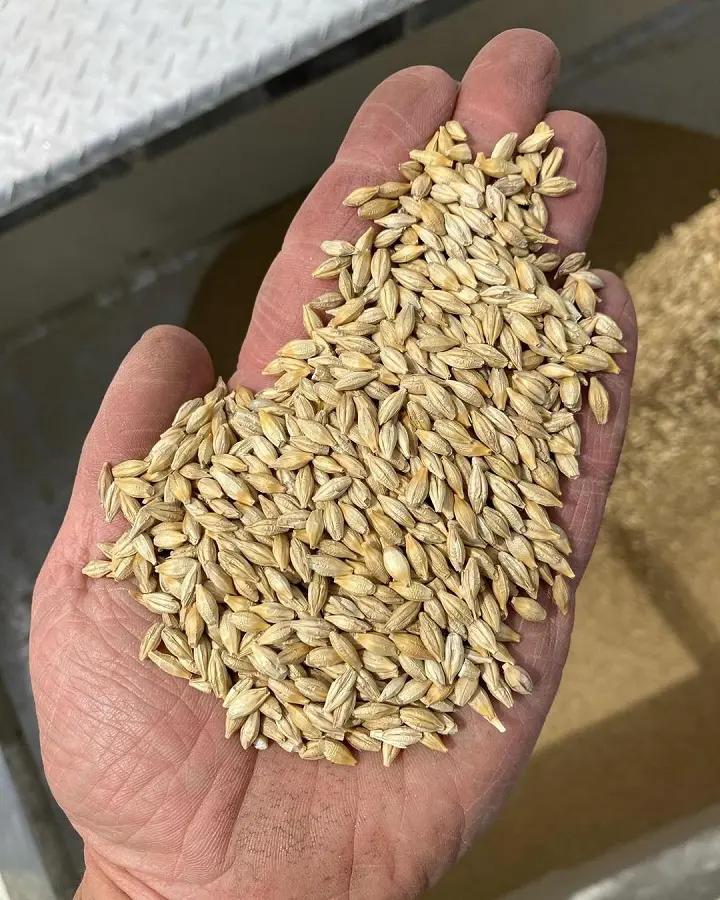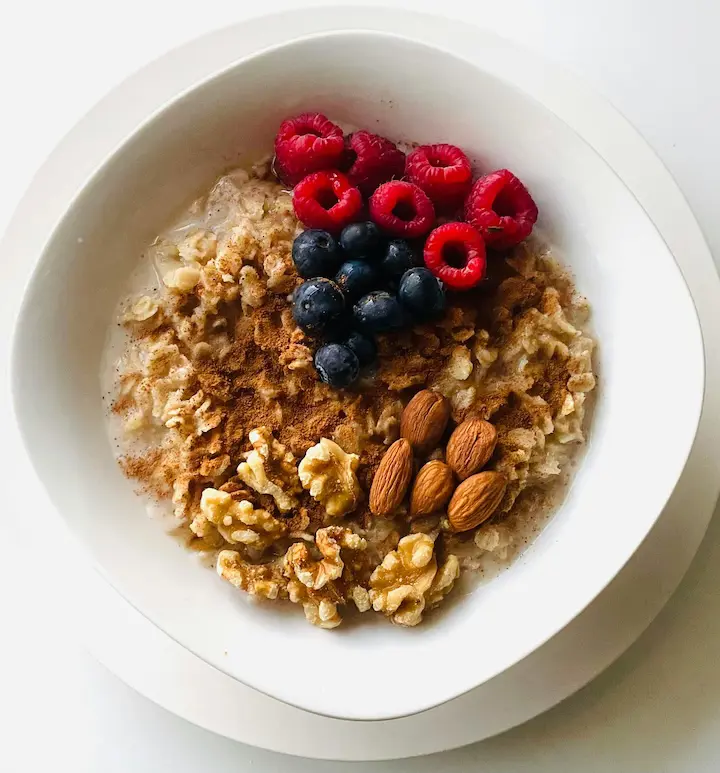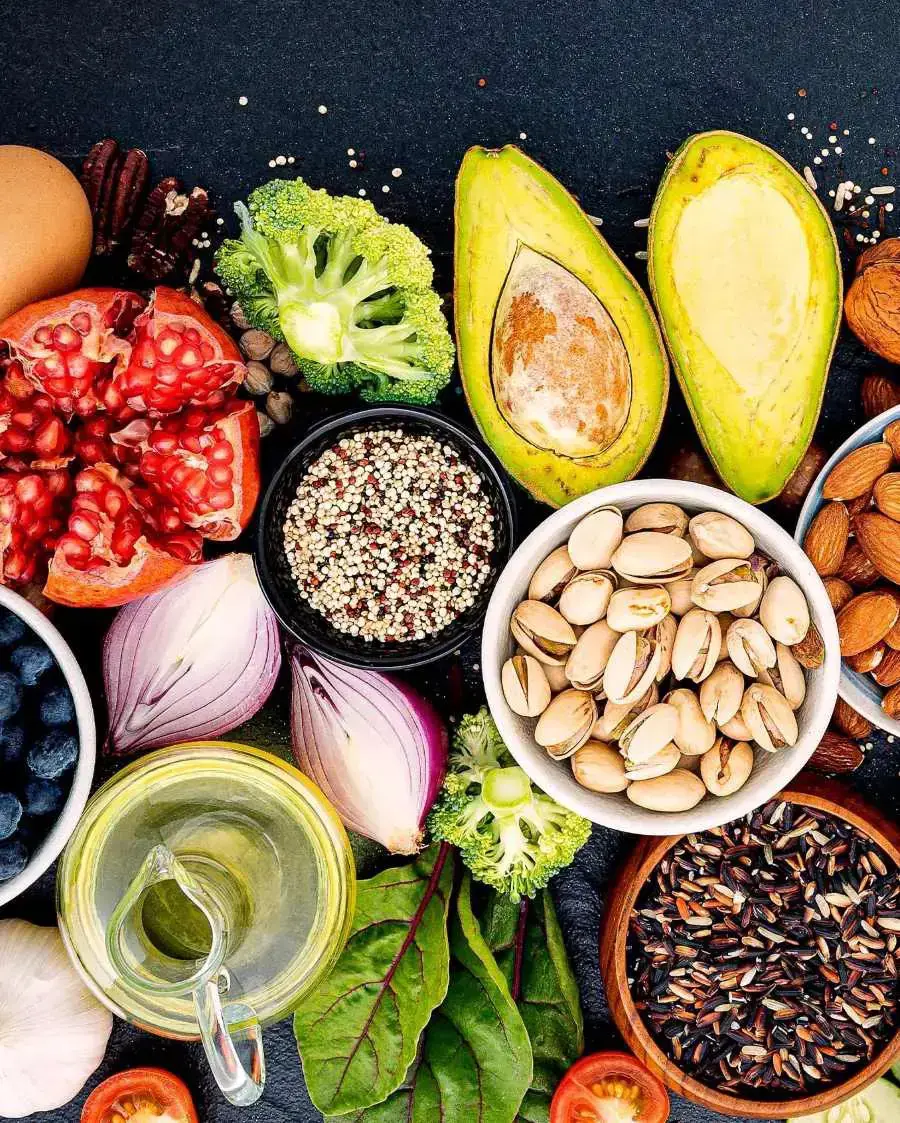Barley Nutritional Value
Barley nutritional value varies depending on its types: hulled and pearled barley. Hulled barley undergoes minimal processing and has the bran and germ intact, while the pearled ones do not have both.
One-half cup (100 grams) of uncooked, hulled barley contains the following nutrients:
- Calories: 354 grams
- Total Fat: 2.3 grams
- Cholesterol: 0 milligrams
- Sodium: 0 milligrams
- Carbohydrates: 73.5 grams
- Dietary Fiber: 17.3 grams
- Sugar: 0 grams
- Protein: 12.5 grams
Vitamins and Minerals
- Vitamin B1 (Thiamin): 43% of the Reference Daily Intake (RDI)
- Vitamin B2 (Riboflavin): 17% of the RDI
- Vitamin B3 (Niacin): 23% of the RDI
- Vitamin B6: 16% of the RDI
- Vitamin B12: 12% of the DV
- Folate: 5% of the RDI
- Iron: 20% of the RDI
- Magnesium: 33% of the RDI
- Phosphorus: 26% of the RDI
- Potassium: 13% of the RDI
- Zinc: 18% of the RDI
- Copper: 25% of the RDI
- Manganese: 97% of the RDI
- Selenium: 54% of the RDI
- Calcium: 20% of the RDI
Barley is an excellent source of soluble fiber, beta-glucan, which turns into a gel when combined with fluid. This fiber has a satiating effect and may help lower cholesterol and improve blood sugar control. Other health benefits of barley include:











